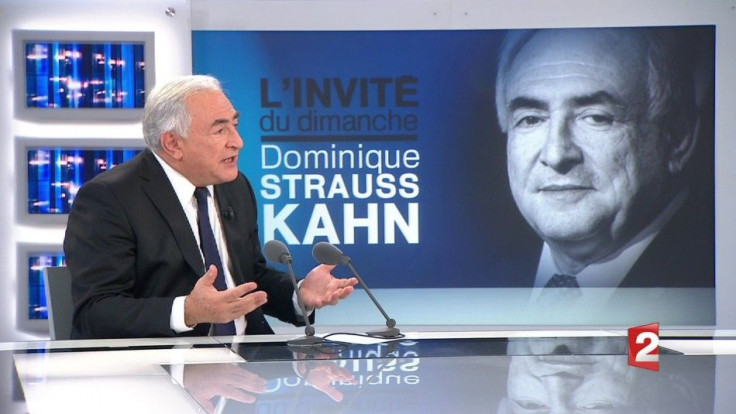China arm-twists G-20 on 'economic imbalance' resolution

China threw its weight around at G-20 negotiations to exclude from the final communiqué references to 'foreign exchange reserves' and 'fiscal deficit' as possible causes of global economic imbalances.
Though many G-20 members wanted to precisely mention indicators used to determine global imbalances, China put up a dogged resistance, resulting in an ambiguously-worded compromise resolution.
While not targets, these indicative guidelines will be used to assess the following indicators: (i) public debt and fiscal deficits; and private savings rate and private debt (ii) and the external imbalance composed of the trade balance and net investment income flows and transfers, taking due consideration of exchange rate, fiscal, monetary and other policies, the communiqué states, leaving Beijing and its opponents some room for maneuver.
China has long faced criticism that it has artificially depressed the value of yuan to get unfair trade advantage. Fears of a global trade war had loomed over the G-20 meeting in Seoul last year as China refused to bow to international pressure over its currency policy.
The U.S. and the European Union argued that China's currency policy has inflated its trade surplus with its major global trading partners, causing global imbalances. There have been widespread calls for Beijing to focus more on domestic demand in order to keep its economy growing, without negatively affecting global balance.
However, the Paris deliberations of the G-20 members over the weekend ended without specifically naming the factors responsible for global imbalances.
There were differences, therefore in this communiqué, it was agreed that we will try to identify and complete the process (of selecting indicators) by April, Indian finance minister Pranab Mukherje said.
These things are inherently things that are difficult to solve bilaterally, U.S. Treasury Secretary Timothy Geithner said.
© Copyright IBTimes 2025. All rights reserved.





















